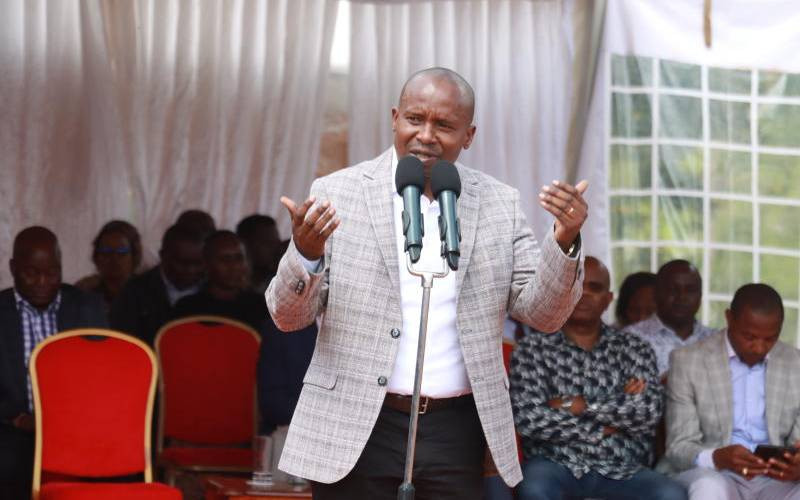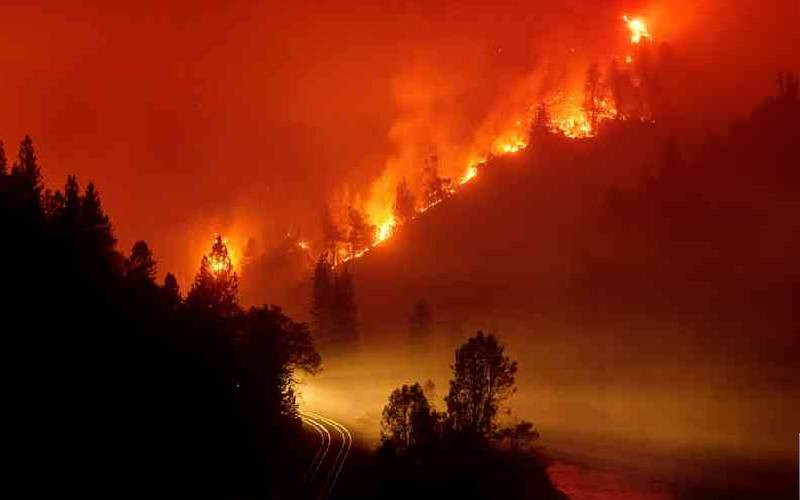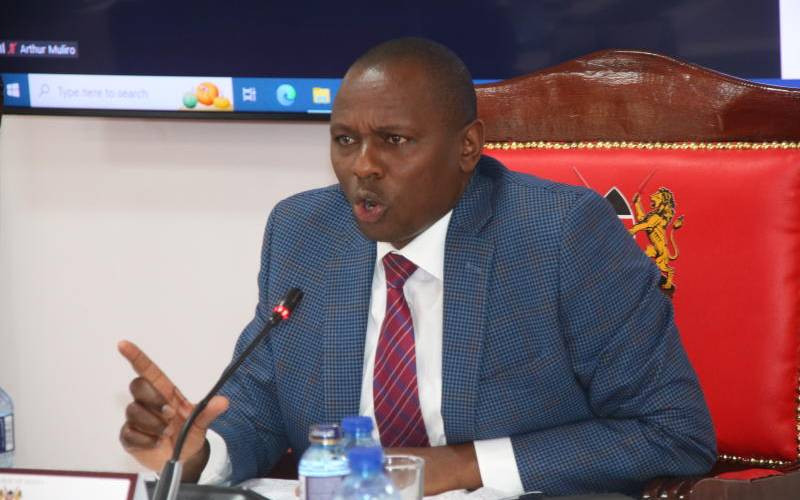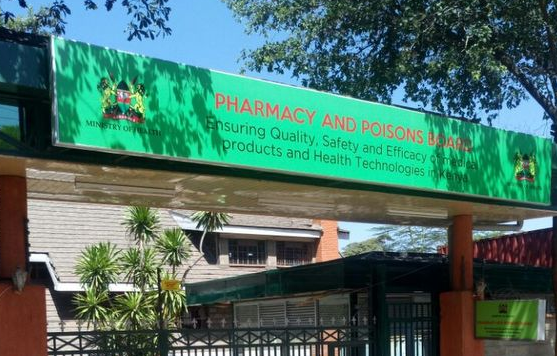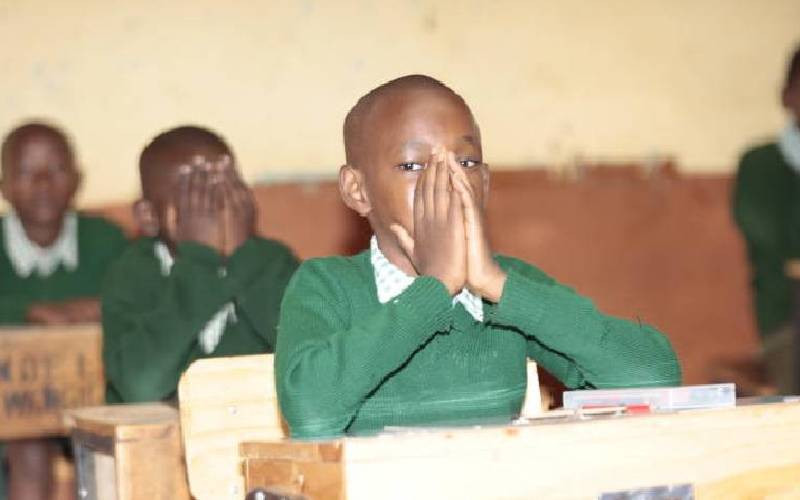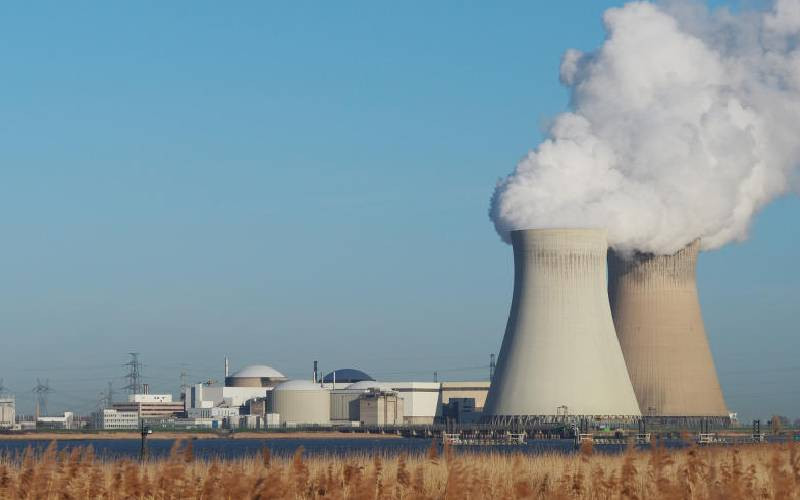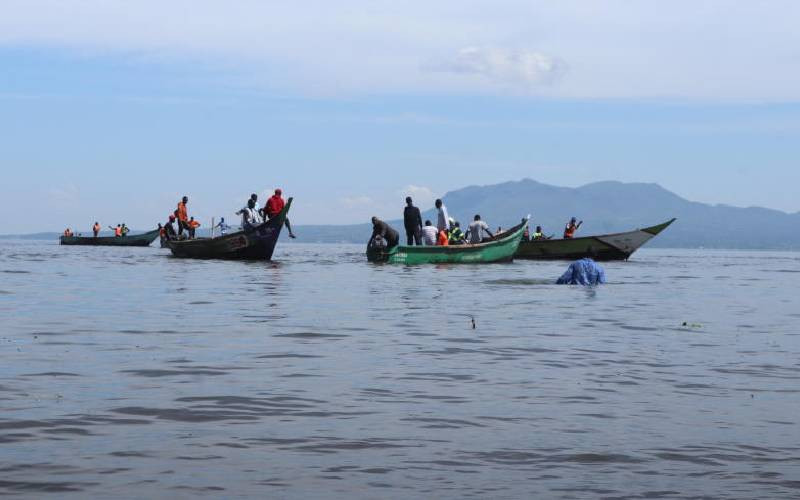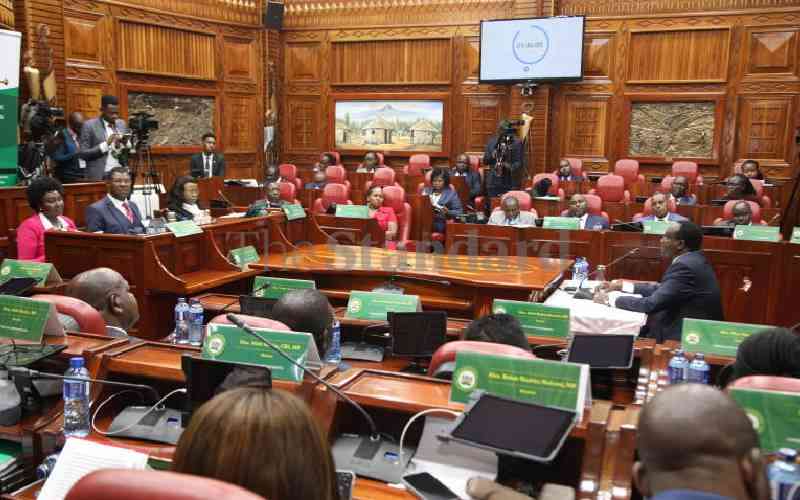
After a month of Gen Z-led pro-good governance, not anti-government, protests, we are back to default settings. Instead of the Great Reset, we have a political deal that ridicules our lining up every five years to vote. This latest contraption is called “Broad-Based Government” (BBG).
The atavistic nature of our politics means that we don’t get that our “forwards then backwards” evolution is a spark away from “enough is enough” revolution. We prefer dealing to leading.
Back to the present. From Thursday onwards, Parliament will vet 22 candidates - 14 men and 8 women - nominated by the President to Cabinet, including the Attorney-General. Ten have been offered a second chance after earlier being fired, while the other 12 would be new to this Cabinet. In the meantime, we are back to proclamations and announcements flavoured by “town halls” as the President seeks to reclaim legitimacy and momentum following the protests. The promises are flowing again, projects are being launched and relaunched and BBG is the new rallying call.
Start with vetting (or approval hearings) of these nominees. While political response to the nominations has been mixed, public feedback, especially by Gen Z, has been decidedly negative. The hearings will definitely be interesting to follow, but is there a way to add substance to the spice? The President recently stated that he will now hold his Cabinet to a higher standard than before. So, in addition to probing CVs and wealth, Parliament has an opportunity to establish not just what each nominee has done in the past, but what they bring to the present table.
Think of four areas to test all nominees here. First, the ministry’s policy framework (policy priorities). Second, the ministry’s service delivery mandate (key service standards). Third, assuming this time their performance contracts are based on 5-year strategic plans (unlike before), an understanding of the ministry’s strategic objectives and core strategies. Finally, because Supplementary Budget I just passed, their view of 2024/25 program, project and budget priorities.
Framed well, this questioning will highlight leadership nous, management skill and personal values. Simply, match the governance substance of “why, what and how” with the governmental “whom”. To add real spice, throw in a “hot button” question for each candidate. On combating banditry and addressing police brutality for the Internal Security candidate. On the burgeoning JKIA PPP saga for the Roads and Transport one. On SHIF/SHA/UHC and all that jazz vs NHIF for the Health one, or the logic of CBC or affordability of higher education for the Education candidate.
Shouldn’t the Agriculture candidate explain recent agricultural and livestock bills? Or the Housing one justify Housing Levy/Fund when we have institutions holding idle/surplus housing stocks? How will our budding Attorney-General running probably the biggest law firm in town balance sound legal services to political government on one hand, and the general public on the other?
Beyond non-functioning hotspots, might the ICT candidate illuminate us on Maisha Card troubles and our still-moribund Digital Economy Masterplan? Then think about Coops/MSMEs candidate and Hustler Fund struggles to graduate to a financial services platform. Get the Environment and Climate Change one to explain carbon credits as good for Kenyans, not a foreign-led land grab.
The poor household-level state of water and sanitation and water-scarce state of agriculture, despite mega-dam and other promises, is definitely one for the Water and Irrigation candidate. As might be our rather foggy “labour export” strategy with the Labour and Social Protection one. How to eliminate a culture of “madharau” in service provision is probably a good one for the Public Service candidate, as is perennial “on-off” land management automation for the Lands one. For the EAC, ASALs and Regional Development candidate, what is the continued non-duplicative role of regional development authorities in relation to county-level regional economic blocs?
A clever question might be which is more important for Kenya between Tourism and Wildlife on one hand and Mining, Blue Economy and Maritime, if posed to both candidates. For Investment, Trade and Industry, why do we claim ease of doing business, when its cost is so burdensome?
It would be nice to hear how we attract private capital into Sports and Creative from the candidate responsible for Youth, and how we accelerate inclusion from his Gender counterpart.
Finally, Energy and Petroleum, then Treasury and Planning. From the first, how to mitigate cost of living/doing business impacts of high-tax pump prices and loss-loaded bills for unreliable and cartelized power. From the second, how to manage current debt stress, control wanton spending, ensure service delivery continuity and catalyze economic growth without raising taxes.
We all know that politics matters, but professional vetting by Parliament that carefully balances substance and style may offer a positive signal for the way this new BBG regime moves forward. Of course, getting a good Cabinet is necessary, but insufficient. Also insufficient is a return to development tours and campaign-style promises. The politics – “who gets to do what” – is done, what remains is “the doing of the what” – or governance. Which requires actual desk work.
So, let’s conclude with thoughts for future reflection. To begin, the President insists he has a decent plan. But his post-protest messaging seems to miss two important points.
One, his administration, including public service, is not fully reoriented or reorganised towards delivering this plan, hence claims of hubris and incompetence; lies and looting. The fix is better leadership, delegation, organisation and teamwork plus good order sprinkled with integrity.
Two, he (like our other politicos) does not want to get the Gen Z ask in three related ways. First, good governance as the combo of transparency in decisions and accountability for actions. Second, that actions flow from resources so it matters how they are used, not misused or stolen.
Third, from transparency disclosures (like JKIA PPP) to resource ownership and control (like minerals), the agency question from Gen Z is not “Who owns Kenya?”, but “Why don’t we own our Kenya?”. It’s a citizen call for a new, and different, leadership paradigm; but it is also a political demand for resource self-governance that is more compelling than The Plan’s technical jargon.
I call it our capital debate–financial; economic (built); natural; land; human; knowledge/innovation and social. How do we marshal our capital to work for all of us? Let’s talk after this BBG vetting.
 The Standard Group Plc is a multi-media organization with investments in media platforms spanning newspaper print
operations, television, radio broadcasting, digital and online services. The Standard Group is recognized as a
leading multi-media house in Kenya with a key influence in matters of national and international interest.
The Standard Group Plc is a multi-media organization with investments in media platforms spanning newspaper print
operations, television, radio broadcasting, digital and online services. The Standard Group is recognized as a
leading multi-media house in Kenya with a key influence in matters of national and international interest.

